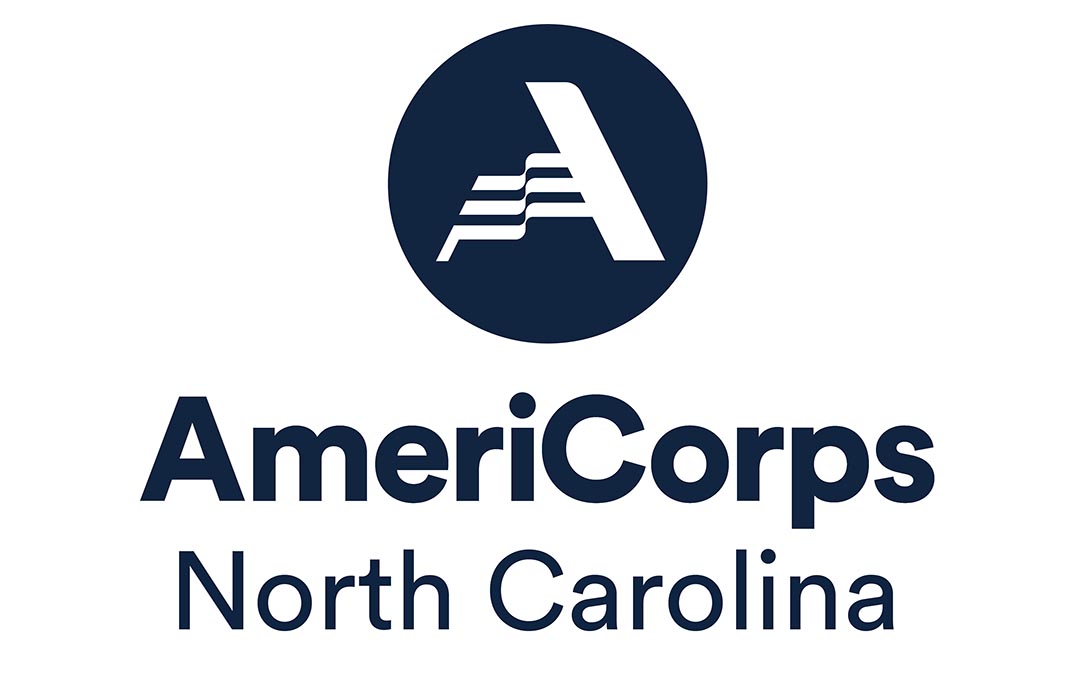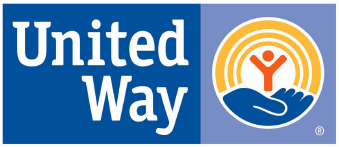From the Morganton News Herald , Read the full article here.
December 18. 2017
Shortly after I met Kathy Peters, she heard a representative of Big Brothers Big Sisters speak in an effort to recruit volunteers. At the time, Kathy worked full time as director of staff development and training at the J. Iverson Riddle Developmental Center. Nevertheless, she signed up as a volunteer.
Ten years later, she is still a volunteer.
She is conscientious about not telling me names or personal details of children involved, but has told me many stories that have touched her.
She’ll never forget the words of a little boy the first time she met him: “My mom’s in prison, and my dad’s in prison,” he said. “It’d be pretty cool to have someone care about me.”
“He had nothing, absolutely nothing,” and his eyes got “so big” when given anything, she told me with tears in her own eyes. For their second visit, she brought him a bookbag she had filled with school items.
“This is mine? This is for me?” He took everything out and studied each item. “Now, I can be like other kids.”
In February of this year, Kathy retired from the Riddle Center. In March, while still volunteering as a Big Sister, she also became the program coordinator for BBBS, its only paid position.
The organization began more than 100 years ago in New York City, as an attempt to help children in trouble with the courts by matching them with adults who helped guide them to success. Originally , there were two separate groups — Big Brothers and Catholic Big Sisters — but in 1977, the two became one nationwide charity.
Today, the Morganton office is located in the former junior high building on College Street. BBBS is a partner agency with Burke County United Way. Between 30-35 volunteers, including the advisory board, provide for about 30 local children.
Their brochure, written for Big Brothers Big Sisters of Western North Carolina, states as their goal: “to ensure every child in WNC has an enjoyable, long-term relationship with a caring adult who believes in them and sees their potential.” Approximately 54 percent of the children served are white, 25 percent black, and 21 percent a variety of races. “The children come from single-parent, low-income families or homes where a parent is in jail,” also according to the brochure.
Locally, two forms of mentoring exist: community based, with scheduled activities at least twice a month or school-based ones that take place during school hours. Volunteers undergo a rigorous screening process with training and safety a priority. The end result is a partnership with child, volunteer, parent and organization.
“Our volunteers are amazing people,” Kathy said. “They go above and beyond.”
She tells about one who, along with his wife and friends, yearly throws a party at Lake James for those in the program, delighting the children with rides on jet skis and a pontoon. “It’s their favorite activity of the year,” Kathy said.
Another volunteer retired in the middle of the school year and moved out of town. Before he left, the boy he had mentored asked him to, please, finish out the school year so that the boy would pass to seventh grade. Twice a month from January to June, the volunteer drove from Cherryville to Table Rock School. The boy passed.
“We have another volunteer whose Little Brother is now in 11th grade, matched since fourth or fifth,” Kathy said. “The mother says she can’t imagine their lives without the volunteer in it.”
Not only do the children thrive , though. T he mother of one Little Sister went back to school, finished her degree and is now a teacher assistant. The child herself has become a spokesperson against domestic violence.
Kathy, who helped celebrate that child’s 10th birthday, asked the child to say a blessing before the meal. She expected a child’s prayer. Instead, the girl prayed, “Thank you for a safe place to live where I don’t have to be afraid anymore.”
Not all the stories have happy endings. Kathy’s first match didn’t. One day she went to pick up the child in the single-wide trailer, where 10 people lived and shared a dorm-sized refrigerator. The trailer was empty. Kathy never found out what happened to the family or to the child.
Her new position, she said, has opened her eyes not only to tragedies but also to the generosity of others.
“Teachers, counselors, and principals are angels here on earth,” she said of the people who refer children into her program and help schedule times. “The schools are full of beyond incredible people who advocate for every child in every way possible. The teachers deal with so much — cultural and language differences, poverty, testing and the emotions of children. And some counselors can call every child by name.”
At Christmas, you can find many worthwhile opportunities for donating material items or money. But what about giving a different kind of Christmas gift? More Big Brothers and Sisters are needed. You could sign up to work with a child whose life you might change for the better. The organization asks for a year’s commitment, at least twice a month. The commitment won’t be easy or perfect.
But if you want to see people enthused about activities with mentees and thrilled at each milestone or success, talk to other volunteers, who tell stories similar to Kathy’s.
Her Little Sister is 12 now and in seventh-grade. The two of them have been matched for more than two years. When Kathy told me her Little Sister had scored 4 on both parts of her EOG, the look on her face made it clear that this kind of giving is not a one-way street.
For more information about Morganton’s BBBS program, call 828-432-2245.
Maggie McKinney is a member of Morganton Writers Group.



